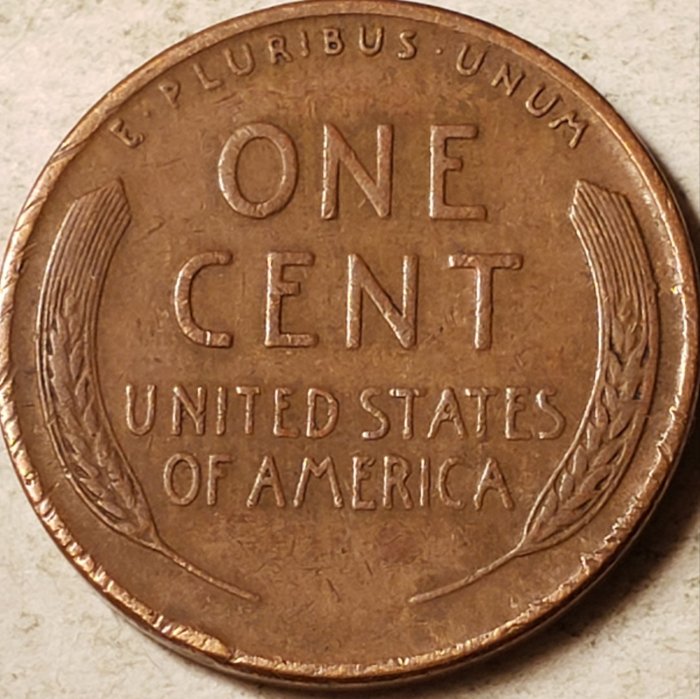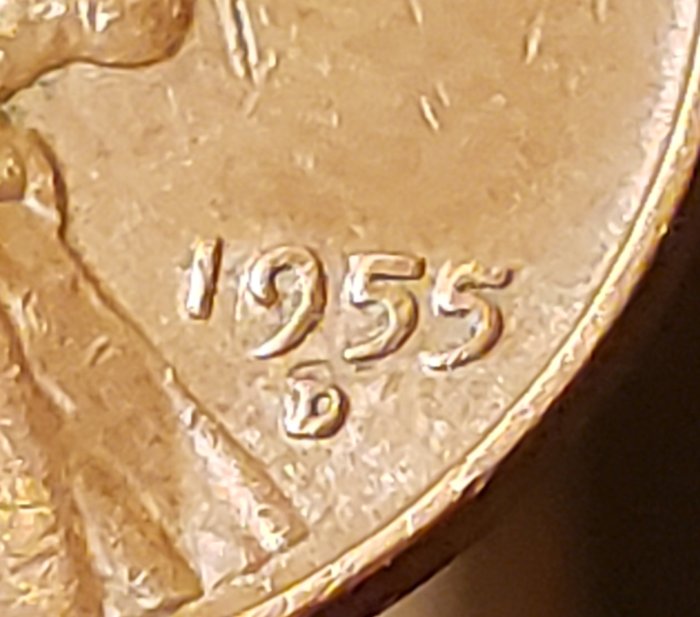Ladies and gentlemen i implore you – Ladies and gentlemen, I implore you to embark on an intellectual journey that delves into the captivating world of rhetoric. Through a comprehensive examination of the phrase “ladies and gentlemen, I implore you,” we shall unravel its historical origins, explore its profound meanings, and analyze the rhetorical devices that render it an effective tool of persuasion.
As we delve deeper into this linguistic tapestry, we shall uncover the cultural impact of this phrase, tracing its evolution from formal settings to popular culture. By understanding the nuances of its usage, we empower ourselves to wield this rhetorical device with precision and eloquence.
Origins and Etymology

The phrase “ladies and gentlemen, I implore you” has a rich historical context, with its origins rooted in the formal language and etiquette of the 18th century. During this period, it was customary to address an audience with a respectful and polite salutation, and the phrase “ladies and gentlemen” became a standard way to acknowledge the presence of both men and women.
The word “implore” derives from the Latin word “implorare,” meaning “to beseech or entreat.” Its usage in the phrase conveys a sense of urgency and sincerity, as the speaker earnestly requests the attention and consideration of the audience.
Early examples of the phrase can be found in literature and speeches from the 18th and 19th centuries. For instance, in Jane Austen’s novel “Pride and Prejudice” (1813), Mr. Darcy employs the phrase to express his heartfelt appeal to Elizabeth Bennet.
Connotations and Meanings

The phrase “ladies and gentlemen, I implore you” carries a range of meanings and connotations that contribute to its effectiveness. Firstly, it conveys a sense of urgency and importance, as the speaker seeks to draw the audience’s attention to a matter of great significance.
Secondly, the phrase conveys sincerity and a genuine desire to persuade or inform the audience. By using the word “implore,” the speaker demonstrates their earnest belief in the importance of the message they are conveying.
Finally, the phrase can have a strong emotional impact on listeners. The combination of the respectful salutation and the heartfelt appeal can create a sense of empathy and connection between the speaker and the audience.
Usage and Context

The phrase “ladies and gentlemen, I implore you” is typically used in formal settings where the speaker wishes to convey a message with a sense of urgency and importance. It is commonly employed in speeches, announcements, and other public addresses.
For example, a politician may use the phrase to address a crowd at a rally, emphasizing the importance of their message and seeking their support. Similarly, a teacher may use the phrase to address a class, requesting their attention and cooperation.
In addition to its use in formal settings, the phrase can also be found in popular culture, such as in films, television shows, and music. Its use in these contexts often serves to create a sense of drama or emphasis.
Rhetorical Devices: Ladies And Gentlemen I Implore You
The phrase “ladies and gentlemen, I implore you” employs several rhetorical devices that contribute to its effectiveness. Firstly, the use of parallelism creates a sense of rhythm and emphasis, drawing attention to the speaker’s message.
Secondly, the repetition of the word “I” emphasizes the speaker’s personal connection to the message and their sincere desire to persuade or inform the audience.
Finally, the use of emotional appeals, such as the expression of urgency and sincerity, can create a strong connection between the speaker and the audience, making the message more persuasive.
Cultural Impact
The phrase “ladies and gentlemen, I implore you” has had a significant cultural impact, shaping social norms and expectations. Its use in formal settings has contributed to the establishment of respectful and polite discourse.
Furthermore, the phrase’s use in popular culture has helped to popularize its message of urgency and sincerity. It has become a recognizable expression that is often used to convey a sense of importance or to emphasize a point.
Variations and Adaptations
Over time, the phrase “ladies and gentlemen, I implore you” has undergone several variations and adaptations. One common variation is the use of the phrase “my fellow citizens” or “my friends” instead of “ladies and gentlemen.”
Another variation is the use of the phrase “I urge you” or “I beseech you” instead of “I implore you.” These variations convey a similar sense of urgency and sincerity, while adapting the language to different contexts.
In contemporary language and culture, the phrase “ladies and gentlemen, I implore you” has been adapted to fit a variety of situations. For example, it may be used in a humorous or ironic context to emphasize the importance of a trivial matter.
FAQ Guide
What is the origin of the phrase “ladies and gentlemen, I implore you”?
The phrase has its roots in formal oratory, where it was commonly used to address an audience with a sense of urgency and respect.
What are the key rhetorical devices employed in the phrase?
The phrase utilizes parallelism, repetition, and emotional appeals to create a sense of urgency and sincerity.
In what contexts is the phrase typically used?
The phrase is commonly used in speeches, announcements, and other formal settings where persuasion or inspiration is sought.